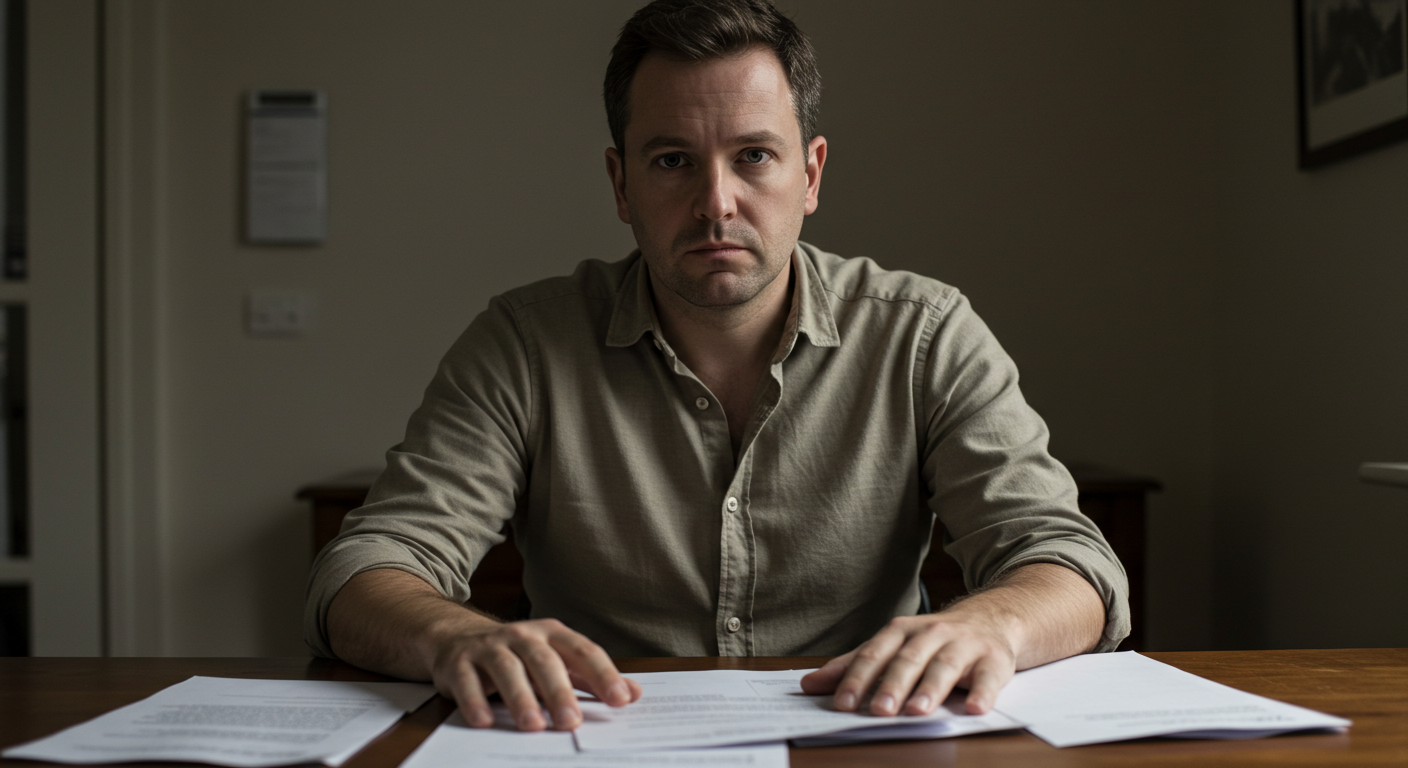The Concept of “Criminal Lifestyle” in Confiscation Proceedings in England: An In-Depth Analysis and the Essential Role of Legal Representation

The Concept of “Criminal Lifestyle” in Confiscation Proceedings in England: An In-Depth Analysis and the Essential Role of Legal Representation
In the landscape of English criminal law, the delineation of a “criminal lifestyle” under the Proceeds of Crime Act 2002 (POCA) is a critical aspect, especially in the arena of confiscation proceedings following a criminal conviction.
This concept is not just a mere legal formality; it plays a pivotal role in determining the scope and scale of confiscation orders, potentially impacting the defendant’s financial status significantly.
Understanding this concept and the compelling reasons for engaging a cyber lawyer in such circumstances is of paramount importance.
Examination of “Criminal Lifestyle” Under POCA

The Proceeds of Crime Act 2002, a comprehensive statute aimed at combating financial crimes, outlines specific criteria for a court to consider when determining whether an individual has a criminal lifestyle. These criteria include:
- Specific Nature of the Conviction: Certain offences, by their very nature, lead to an automatic presumption of a criminal lifestyle. These offences often include drug trafficking, high-level fraud, money laundering, and other serious financial crimes.
- Consistency and Duration of Criminal Conduct: The law considers the timeframe and frequency of the convicted individual’s criminal activities. If the person has engaged in criminal conduct over a period of six months or more, or has multiple convictions, a criminal lifestyle may be inferred.
- Financial Gains from Criminal Activity: The court assesses the extent of financial benefits the individual has received from their criminal activities. A substantial financial gain is a strong indicator of a criminal lifestyle.
Implications of Being Adjudged with a Criminal Lifestyle

The designation of a criminal lifestyle has far-reaching implications. When an individual is adjudged to have a criminal lifestyle, there is a statutory assumption that any property they acquired in the six years before the commencement of proceedings is the product of criminal conduct.
This presumption significantly widens the scope of assets that may be included in a confiscation order, encompassing not just assets directly linked to the crime but potentially all property owned by the individual during the relevant period.
Necessity of Engaging a Solicitor in Confiscation Proceedings

The complexities and potential consequences of confiscation proceedings under POCA make the engagement of a solicitor not just advisable, but often critical:
- Expert Legal Knowledge: Solicitors specialising in criminal and financial law have an in-depth understanding of POCA. They can interpret and apply the law effectively, ensuring that the client’s case is presented cogently.
- Contesting Criminal Lifestyle Presumptions: Experienced solicitors can challenge the presumption that their client leads a criminal lifestyle. They do this by meticulously scrutinising the evidence, presenting counter-arguments, and highlighting lawful sources of income and assets.
- Negotiating Settlements: In certain cases, a settlement may be the most favourable outcome. Solicitors can negotiate with the prosecution, potentially reducing the scope and size of the confiscation order.
- Appealing Against Orders: If a confiscation order is deemed excessively harsh, a solicitor can assist in appealing against the decision or seeking a judicial review, thereby ensuring a fair and just outcome.
- Asset Protection Strategies: Solicitors can advise on legitimate methods to protect assets, ensuring that only properties derived from criminal activities are subject to confiscation.
Conclusion: Understanding the Concept of “Criminal Lifestyle” in Confiscation Proceedings

The determination of a criminal lifestyle in confiscation proceedings under the Proceeds of Crime Act 2002 can have significant financial implications for the individual concerned. It is a complex area of law, requiring detailed analysis and skilled legal argumentation.
For anyone facing such proceedings, the engagement of a solicitor is not just a prudent step but a necessary strategy to ensure that their rights are protected and that the proceedings are conducted fairly and justly.
The expertise of a solicitor in this context is invaluable, offering a shield against unwarranted assumptions and ensuring that justice prevails.
Notice: Informational Content Disclaimer
The content provided on this website, including articles, blog posts, and other informational materials, is intended for general informational purposes only. It is not intended as, and should not be considered, legal advice.
Visitors to this website should be aware that the information presented here is not a substitute for seeking legal advice from a qualified solicitor or legal professional. Each individual's legal situation is unique, and the information provided may not be applicable to specific circumstances.
If you require legal advice or have specific legal questions, we encourage you to contact us directly. Our experienced team of solicitors is here to assist you with your legal needs and provide tailored advice to address your concerns.
Please be advised that any communication through this website, including the use of contact forms or email, does not create a solicitor-client relationship. Confidential or time-sensitive information should not be sent through this website. To establish a solicitor-client relationship and discuss your legal matters in detail, please contact us for a consultation.
We strive to provide accurate and up-to-date information, but we make no representations or warranties regarding the accuracy, completeness, or suitability of the information contained on this website. We shall not be liable for any reliance placed on the information provided herein.
Thank you for visiting our website. We look forward to the opportunity to assist you with your legal needs.




